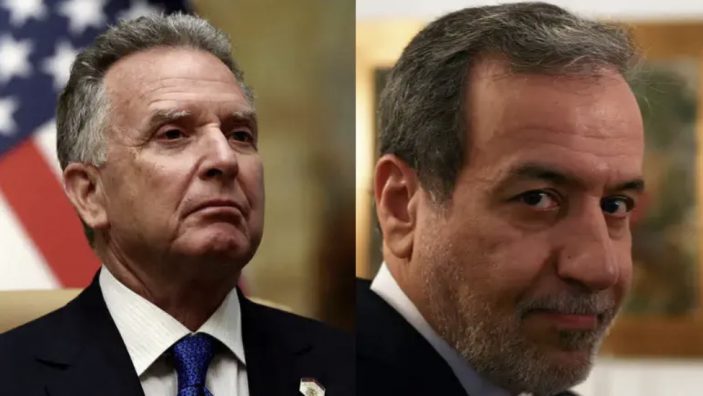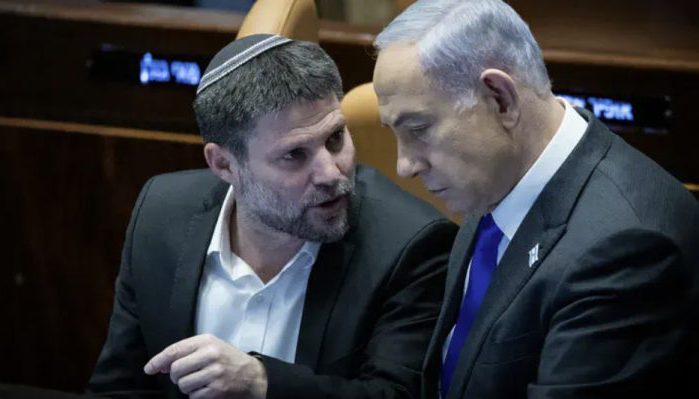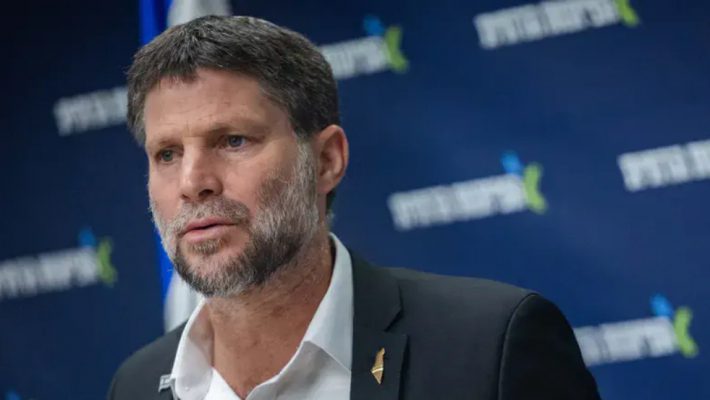Iran’s Foreign Minister Abbas Araghchi rebuffed U.S. talks, doubled down on uranium enrichment, and threatened retaliation after Israeli and American strikes crippled key nuclear sites.
Tehran Digs In: No Talks, No Retreat
In a combative interview with Al Jazeera on Saturday, Iranian Foreign Minister Abbas Araghchi declared that the Islamic Republic will neither halt uranium enrichment nor negotiate its ballistic missile program, vowing that Iran will continue to expand its nuclear capabilities despite devastating Israeli and U.S. attacks earlier this year.
“We will never negotiate our missile program, and no rational actor would disarm. We cannot stop uranium enrichment. What cannot be achieved by war cannot be achieved through politics,” Araghchi said.
His remarks come just months after Israel’s precision strikes on Iranian nuclear facilities in June, followed by U.S. B-2 stealth bomber and Tomahawk missile attacks — operations that reportedly crippled Tehran’s underground enrichment infrastructure and forced emergency containment of radioactive materials.
🇮🇱 Israel’s Preemptive Strikes Crippled Iranian Facilities
According to defense sources, Israel’s multi-day campaign of precision airstrikes successfully destroyed large portions of Iran’s Natanz and Fordow enrichment networks — the backbone of Tehran’s nuclear program. The U.S. joined the campaign, targeting Iranian missile command centers and air-defense assets.
While Araghchi admitted “nuclear materials remained under the rubble,” he insisted that Iran’s enrichment capabilities and technology “still exist, despite the losses.”
Israel’s intelligence officials have described the June strikes as a strategic victory, significantly delaying Iran’s nuclear breakout capability and sending a message that Jerusalem will act unilaterally if international diplomacy fails.
⚖ Defiance and Denial: Iran Rejects ‘Snapback’ Sanctions
Araghchi condemned the reimposition of UN “snapback” sanctions as “illegal,” after Britain, France, and Germany triggered the clause in September due to Tehran’s repeated violations of the 2015 JCPOA nuclear deal.
Despite five failed rounds of indirect talks with Washington mediated by Oman, Araghchi blamed the U.S. for “unreasonable demands,” while claiming Iran’s nuclear activity remains “peaceful.”
“We are ready to negotiate to remove concerns about our nuclear program,” he said, “but Washington’s conditions are impossible.”
💣 Strategic Reality: Israel’s Red Line Remains Firm
Tehran’s continued defiance underscores Israel’s long-standing position — that only military deterrence can halt Iran’s nuclear ambitions. Israeli defense officials have repeatedly stated that Iran must never be allowed to reach weapons-grade uranium capability, a red line that has guided Israeli policy for decades.
With Iran now threatening “to respond to any aggression,” regional tensions remain on a knife’s edge. Yet Israel’s actions in June demonstrated both the precision and political will to act decisively where diplomacy falters.





